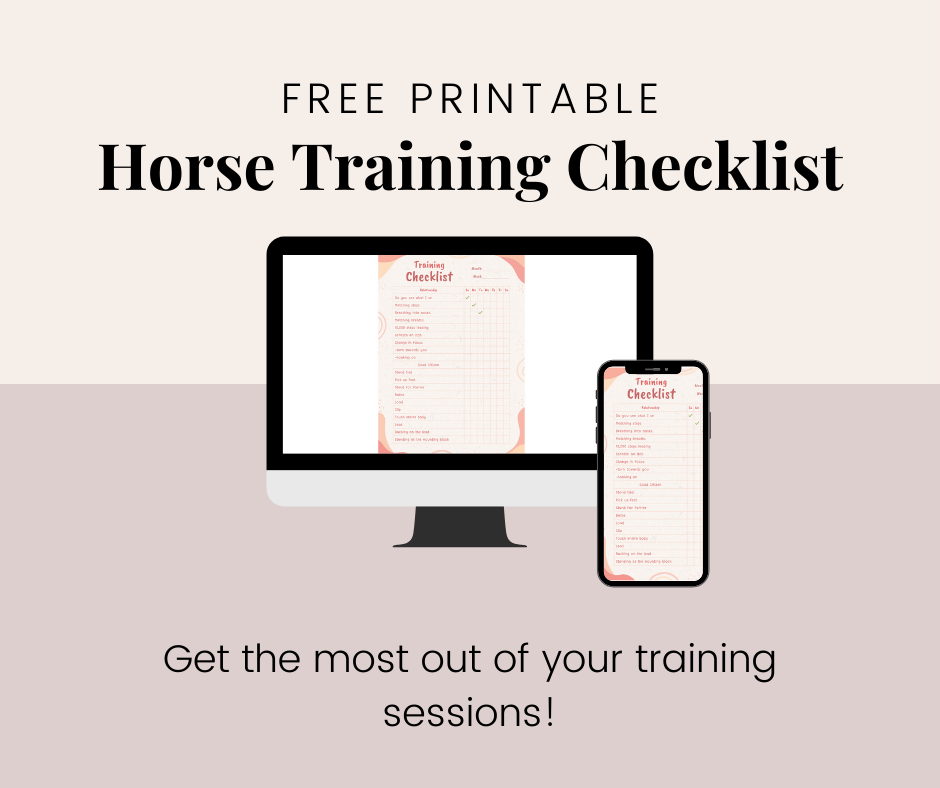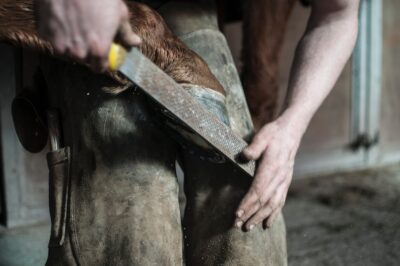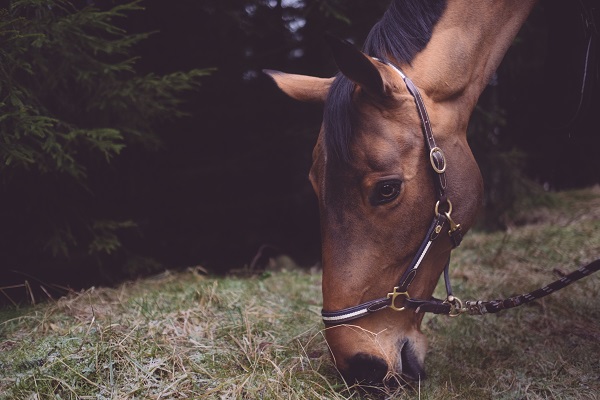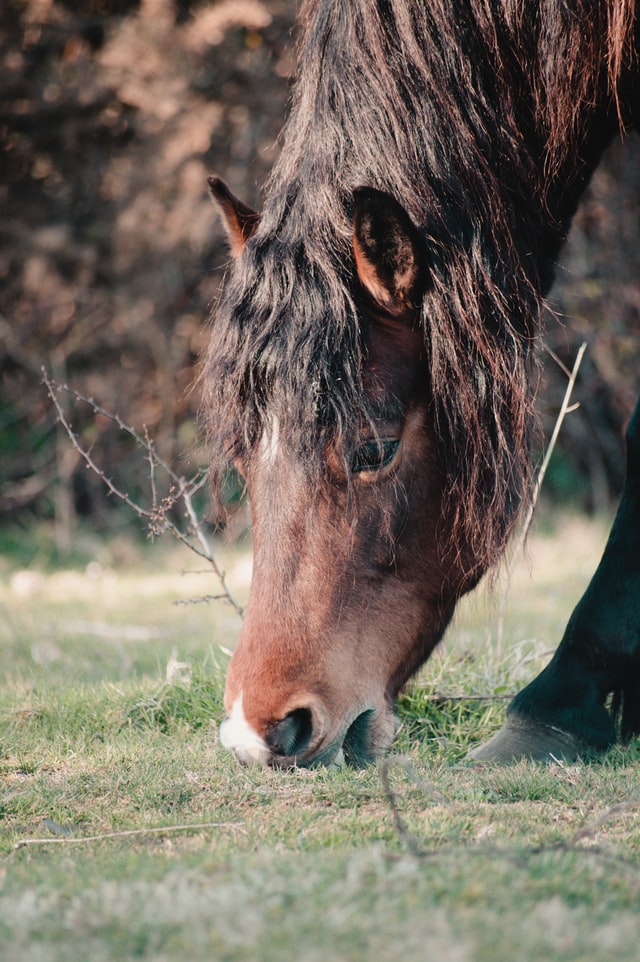Complete Guide to Choke In Horses
When we hear the word “choke,” the first thing that comes to mind is a person choking on food.
For humans, this is an emergency, as the airways are blocked and prevent the person from being able to breath.

Choke in horses is a slightly different situation than with people.
When a horse chokes, their esophagus becomes either fully or partially obstructed.
This prevents the horse from eating or drinking, but their airways remain open, so the horse is not typically in immediate danger.
Although not in immediate danger, choke is not something that should go untreated or ignored as complications from it may develop.
Complete Guide to Choke In Horses
Causes
As a general rule of thumb, if a horse can put it into its mouth, they can choke on it.
Typically, choke in horses is caused by food items such as grain, forage, or treats that are either too dry or coarse, or swell rapidly once chewed which disrupts its passage through the esophagus.
Choke occurs when a horse eats too quickly and does not properly chew their food, or if their teeth have not been maintained and they are unable to chew their food properly.
Any condition that affects the horse’s ability to swallow can cause a horse to be predisposed to choke.
Signs of Choke in Horses
- Horse is unable to swallow food or water.
- Horse is drooling saliva or saliva mixed with feed.
- After attempting to eat or drink, the horse has water or food particles draining from their nose.
- The horse may appear to be yawning, or look as if they’re trying to vomit or gag.
- Horse is repeatedly extending their head and neck.
- Owner may be able to identify a lump on the left side of the horse’s neck.
Treatment
Treatment of choke in horses depends on the severity of the obstruction.
Often, choke will resolve itself from saliva production lubricating the obstruction and allowing it to pass.
In more serious cases, the horse may be sedated to allow the muscles to relax and help to dislodge the object.
A more aggressive treatment consists of consulting your veterinarian and they will sedate the horse and pass a nasogastric tube to the obstruction.
Once at the obstruction, water is pumped through the tube and light pressure is applied to help work away the obstruction.
If you notice your horse exhibiting signs of choke, you should restrict food and water intake to prevent the obstruction from becoming more severe.
Prevention
The most important method of prevention of choke in horses is proper dental care.
If you have an aggressive eater, using large, shallow pans for feeding can help to prevent horses from getting too large of bites and slow them down.
A salt block placed in the feeder can also slow down horses as it forces them to nibble around it.
Finally, you should check the fiber content of your feed.
Feeds high in fiber have a better ability to absorb water, or saliva.
To avoid your horse choking on these types of feeds, they may be soaked prior to feeding.

Lauren is an internationally published author, trainer, and has helped hundreds of horse-rider combinations create lasting bonds and the success they desire. Check out Lauren’s incredible story: From horse-crazy girl to international equine educator. Or if you want to send Lauren a quick message, check out her contact page here.


